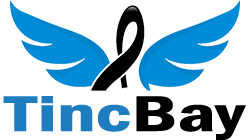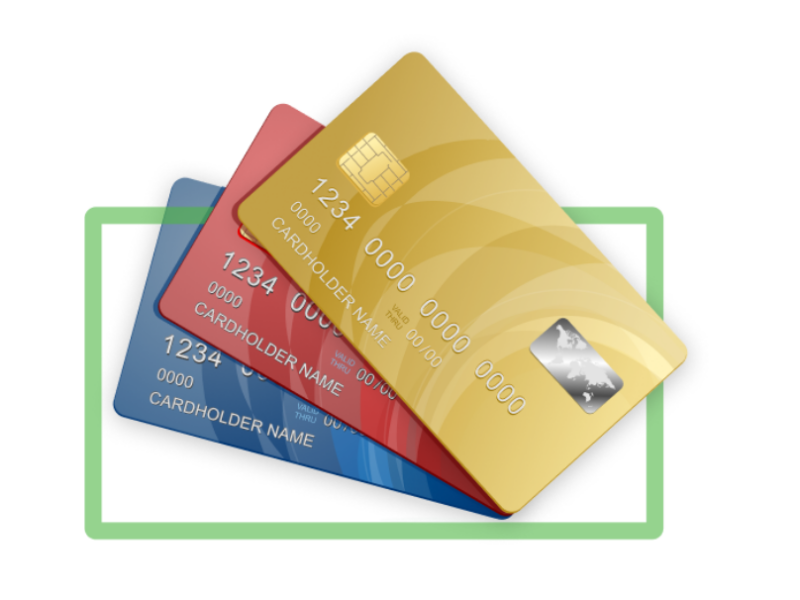A lumbar herniated disc is a condition that occurs when the soft, jelly-like center of an intervertebral disc pushes out through a tear in the tough outer layer of the disc. This can put pressure on the spinal nerves, causing pain, numbness, and weakness in the back, legs, and feet.
ICD-10 code for lumbar herniated disc
The ICD-10 code for lumbar herniated discs is M51.2. This code is used to identify lumbar herniated discs in medical records and billing systems.
Symptoms of the lumbar herniated disc
The most common symptom of the lumbar herniated disc is pain in the lower back. The pain may be sharp or dull, and it may be worse when you bend, lift, or twist. You may also experience numbness, tingling, or weakness in the legs or feet. In some cases, you may have bowel or bladder problems.
Causes of the lumbar herniated disc
The exact cause of lumbar herniated disc is unknown, but it is thought to be caused by a combination of factors, including:
- Age: Lumbar herniated disc is more common in people over the age of 40.
- Injury: A sudden injury, such as a fall or a car accident, can increase your risk of developing a lumbar herniated disc.
- Degeneration: The discs in your spine can degenerate over time, making them more likely to tear.
- Occupation: Certain occupations, such as those that involve lifting heavy objects or sitting for long periods, can increase your risk of developing a lumbar herniated disc.
Diagnosis of a lumbar herniated disc
Your doctor will likely diagnose a lumbar herniated disc based on your medical history, physical examination, and imaging tests. Imaging tests, such as X-rays, MRIs, or CT scans, can help your doctor see the herniated disc and determine its size and location.
Treatment for lumbar herniated disc
The treatment for lumbar herniated discs depends on the severity of your symptoms. In mild cases, your doctor may recommend non-surgical treatments, such as:
- Rest
- Ice
- Heat
- Physical therapy
- Medications, such as nonsteroidal anti-inflammatory drugs (NSAIDs) or muscle relaxants
In more severe cases, surgery may be necessary to remove the herniated disc or to relieve pressure on the spinal nerves.
Complications of a lumbar herniated disc
If a lumbar herniated disc is not treated, it can lead to several complications, including:
- Chronic pain
- Permanent nerve damage
- Incontinence
- Weakness in the legs or feet
Prevention of a lumbar herniated disc
There is no sure way to prevent lumbar herniated disc, but there are some things you can do to reduce your risk, such as:
- Maintaining a healthy weight
- Exercising regularly
- Avoiding lifting heavy objects
- Sitting for long periods
- Good posture
Conclusion
Lumbar herniated disc is a common condition that can cause pain, numbness, and weakness in the back, legs, and feet. There are a number of treatment options available, including non-surgical and surgical treatments. If you are experiencing symptoms of a lumbar herniated disc, it is important to see a doctor to get a diagnosis and treatment.
Also Read: TIKTOK BUSINESS CENTER






















